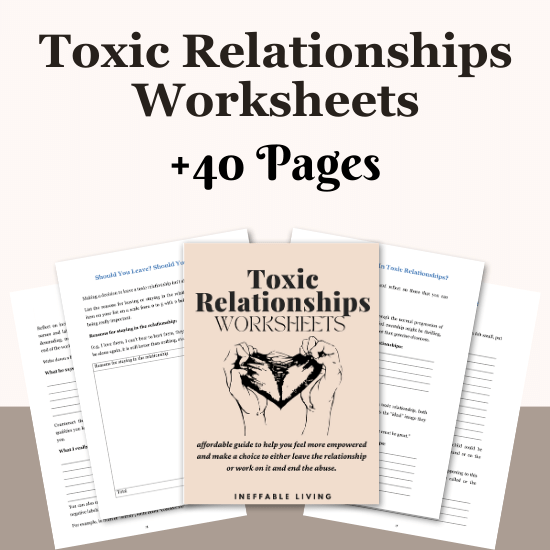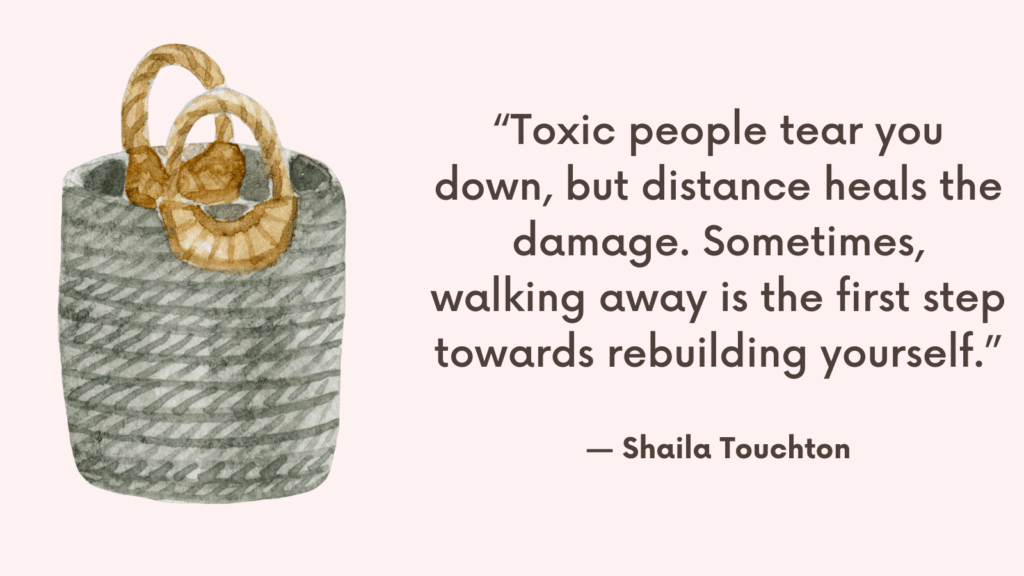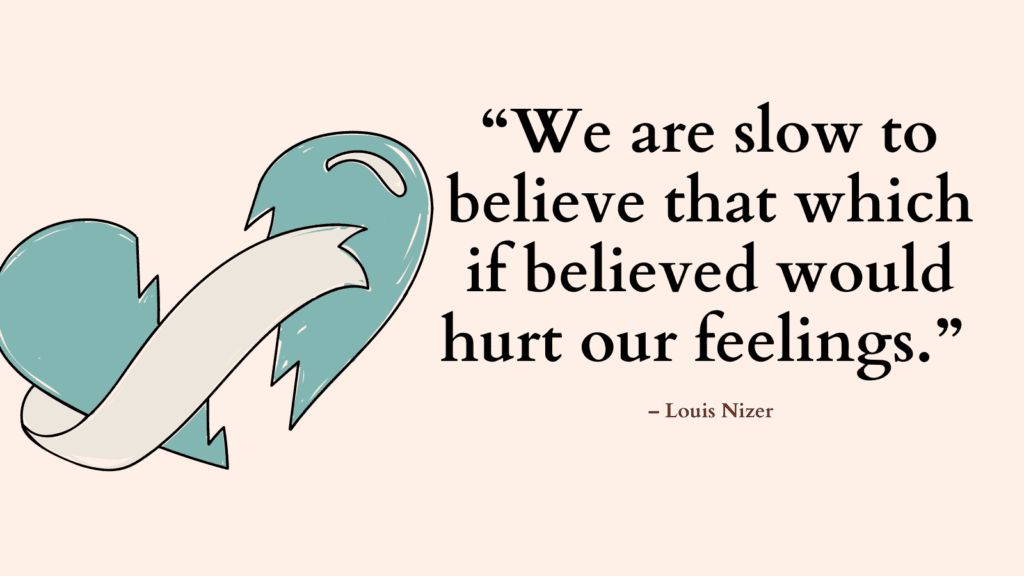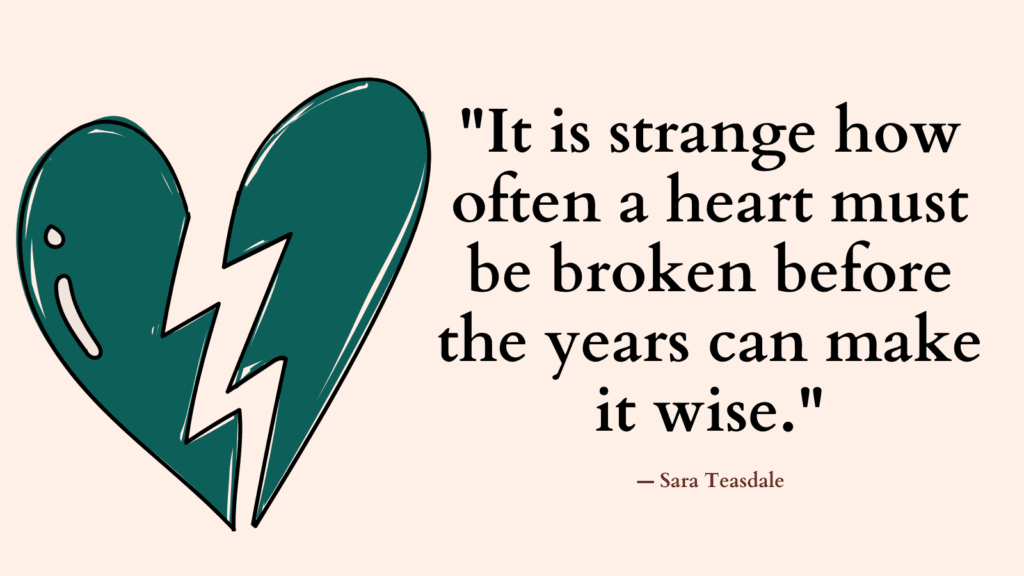Not every manipulative or hurtful person is a sociopath — but when you’ve been mistreated, it’s natural to wonder. Were they just emotionally immature, or was there something more dangerous going on beneath the surface?
The term “sociopath” is often used loosely in conversations about narcissism, toxicity, and emotional abuse. But while toxic behavior can hurt just as much, sociopathy is a clinical pattern with deeper roots and more serious implications.
Here’s how to tell the difference between someone who’s toxic and someone who may actually meet the criteria for Antisocial Personality Disorder (the clinical term often used to describe sociopathy).
Understanding Sociopathy
Sociopathy is a form of Antisocial Personality Disorder (ASPD), a condition characterized by persistent disregard for others, lack of empathy, and manipulation without remorse. Not everyone with ASPD is violent or criminal, but they often leave a trail of psychological damage.
Key traits of sociopathy may include:
- Chronic lying or deceit
- Lack of remorse for causing harm
- Superficial charm with manipulative intent
- Impulsivity and aggression
- Repeated disregard for rules, laws, or norms
- No guilt or empathy — even when confronted
Sociopaths typically exploit others for personal gain and feel no genuine emotional connection or regret. Their behavior is calculated, not just reactive or emotionally driven.
Related: Is My Boyfriend A Sociopath Quiz
What Toxic Behavior Looks Like
Toxic people may be emotionally unhealthy, selfish, or immature — but they’re not necessarily sociopaths. Their behavior often stems from unresolved trauma, insecurity, or poor coping skills, not from a complete absence of conscience.
Common signs of toxic behavior include:
- Passive-aggressive communication
- Guilt-tripping or emotional manipulation
- Jealousy, possessiveness, or control
- Inability to take accountability
- On-and-off hot/cold behavior
- Emotional volatility or defensiveness
Toxic individuals may still feel remorse — even if they don’t show it well. They might apologize and repeat the behavior, not because they lack empathy, but because they lack the tools to change.
Related: How to Deal With A Sociopath? 21 Clear Traits of A Sociopath You Need to Watch Out For
Key Differences to Help You Tell
1. Empathy vs. Emptiness
Toxic people may still feel guilt, even if they struggle to express it. A sociopath doesn’t. They might fake concern to manipulate you, but it’s hollow — calculated, not felt.
2. Reactivity vs. Strategy
Toxic individuals often act from emotion — anger, jealousy, fear. Sociopaths act with intention. Their actions are goal-oriented, often designed to dominate, deceive, or destroy trust.
3. Inconsistency vs. Total Lack of Morality
Toxic people may behave inconsistently — kind one moment, cruel the next. Sociopaths are consistently harmful underneath the charm, and their moral compass is either broken or nonexistent.
4. Immaturity vs. Malice
Toxic behavior is often rooted in emotional immaturity, not malicious intent. Sociopathic behavior is deliberate, manipulative, and often predatory.
5. Guilt-Prone vs. Guilt-Proof
Toxic people may act out and then feel shame. Sociopaths feel no guilt. If confronted, they deflect, lie, gaslight, or even retaliate.
Related: What Is A Sociopathic Stare?
Why the Distinction Matters
Not every person who mistreats you is a sociopath — and labeling someone as such without clarity can distort your healing. Understanding the difference can:
- Help you set the right boundaries
- Avoid unnecessary self-blame
- Recognize when professional help (or protection) is needed
- Validate your instincts without rushing to extremes
How to Protect Yourself — Either Way
Whether someone is toxic or sociopathic, the emotional toll can be real. You don’t need a diagnosis to know when a relationship is harmful.
1. Trust Your Gut
If you constantly feel unsafe, manipulated, or devalued — that’s your nervous system signaling that something is wrong.
2. Don’t Try to Fix Them
You can’t heal someone who has no intention of changing. And sociopaths, in particular, often use your empathy against you.
3. Set Firm, Clear Boundaries
Limit contact, go no contact if needed, and be prepared for pushback — especially from someone who thrives on control.
4. Document Everything (If Safety Is a Concern)
If you’re dealing with someone who’s manipulative or vengeful, keep a record of conversations or behaviors, especially if there’s any risk involved.
5. Seek Support
A therapist, coach, or support group can help you process the confusion, rebuild trust in yourself, and avoid repeating harmful dynamics.
Related: Top 35 Quotes About Sociopaths That Will Make You Feel Seen

Conclusion
You don’t need to diagnose someone to know they’re not good for your peace. Whether they’re toxic or sociopathic, what matters most is your response. Protect your energy, honor your intuition, and remember: people who truly care about you won’t leave you guessing about their respect or intentions.
You deserve relationships where you feel safe, not on edge — where trust is earned, not weaponized. And the more you honor your truth, the more clearly you’ll see who’s capable of meeting you there.



